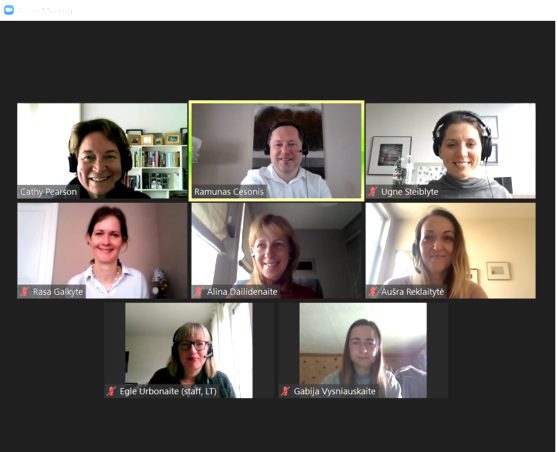Virtual visit to Brussels


 On 13th May at 17.30 CEST, Arqus holds the webinar Ideological aspects of translation: Translation and censorship under a totalitarian regime by Nijolė Maskaliūnienė (Vilnius University). It will be broadcast live on the Arqus YouTube channel.
On 13th May at 17.30 CEST, Arqus holds the webinar Ideological aspects of translation: Translation and censorship under a totalitarian regime by Nijolė Maskaliūnienė (Vilnius University). It will be broadcast live on the Arqus YouTube channel.
There are many different angles from which to approach the issue of ideology and translation. It relates to the theory of equivalence between two languages and translatability of the ST, to the theory of the norm and to the theory of cultural relevance in translation. Under certain conditions, translation may become a means of ideological manipulation – be it for the purposes to protect children from ‘improper’ influences or to protect the regime against real or imaginary threats that books by different authors pose to it.
In this lecture, Nijolė will speak about a particular ideological manipulation in the form of state censorship, focusing on the situation in Soviet Lithuania (1940–1990). The Soviet ideological system was a typical totalitarian regime, thus the analysis of censorship can be further projected on any totalitarian regime that existed or may appear in the future. We are going to discuss the goals of the Soviet censorship and criteria according to which authors and their works were selected for or excluded from translation, i.e. we will speak about preventive and repressive censorship as well as consider the role of the translator as a censor (self-censorship). The different types of censorship, i.e. based on political, religious and moral motives, will be discussed through a number of examples from the translations by such authors as Ernest Hemingway, John Steinbeck, Harriet Beecher-Stowe, Daniel Defoe, Jack Kerouac and a few others.